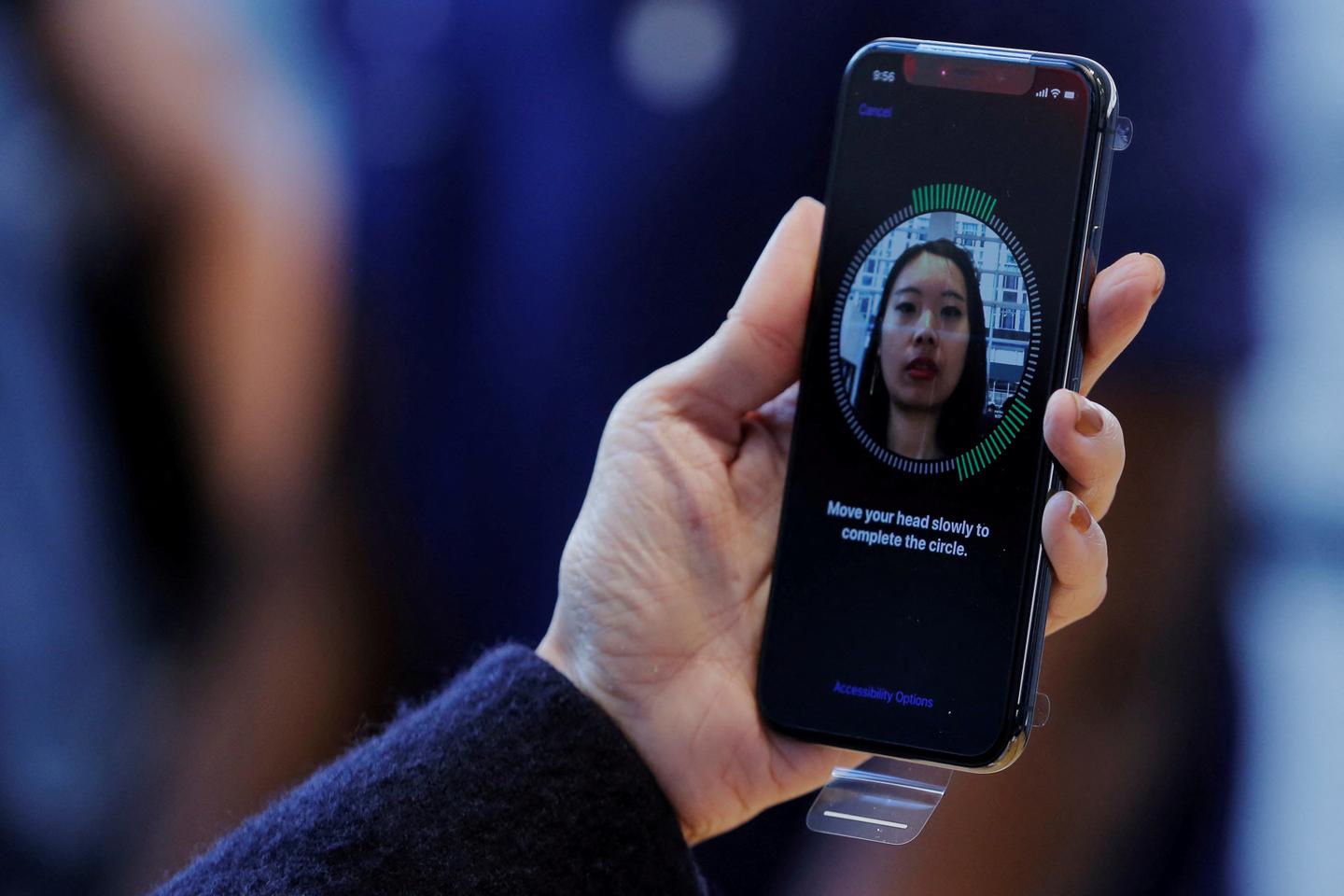Facial Recognition: A Shifting Stance in France
For a long time, facial recognition remained a red line in France. Even the most tech-savvy of our political leaders considered these tools a limit not to be crossed in the name of freedoms. This consensus has shifted. Recent statements by ministers and municipal officials are preparing the ground and minds for the use of highly intrusive technologies.
On March 7th, the Minister of Transport, Philippe Tabarot, stated on Sud Radio that he was “in sync” with Martine Vassal, president (various right) of the Aix-Marseille-Provence Metropolis, when she proposed generalizing facial recognition in Marseille’s transport system. When, in 2022, Gérald Darmanin [then Minister of the Interior] stated before the Senate that he was opposed to facial recognition, it was undoubtedly to reassure. But, for the Minister of Justice, yesterday’s concerns are now a matter of “paranoia about technology,” he said on May 4th, in an online video. He believes that facial recognition has become easy, fast, and above all necessary to guarantee security, without bothering to specify the different purposes of these tools.
However, precision is needed. Facial recognition for authentication purposes aims to confirm a person’s identity, to verify that they are who they claim to be. These tools are already used in France to unlock a mobile phone or pass through an airport gate, for example. Uses that, a priori, pose little risk to human rights.
Enjoyed this post by Thibault Helle? Subscribe for more insights and updates straight from the source.


